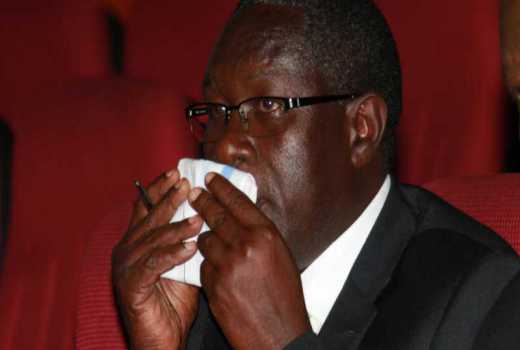×
The Standard e-Paper
Smart Minds Choose Us

Communications Authority Director General Francis Wangusi made some controversial decisions, some that may have cost the State billions of shillings.
Losing the Sh2 billion licence case at the High Court last year appears to have been the waterloo for a man who had fought many battles at the CA.